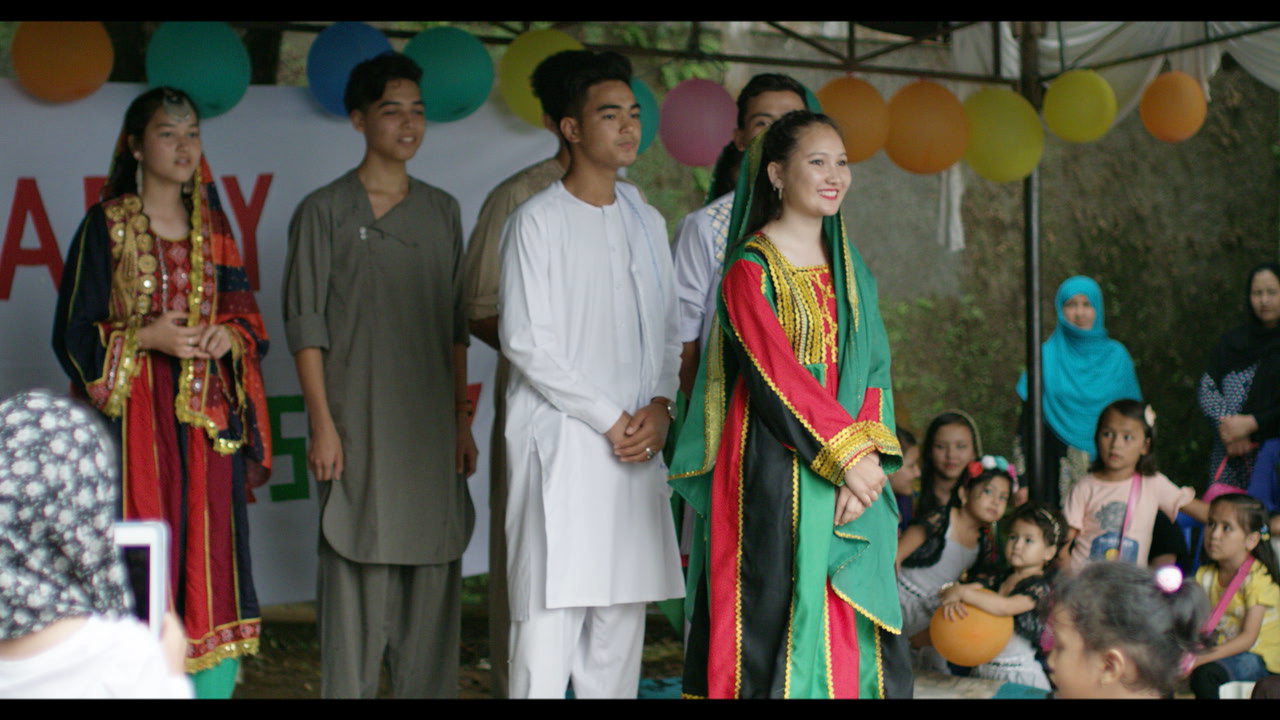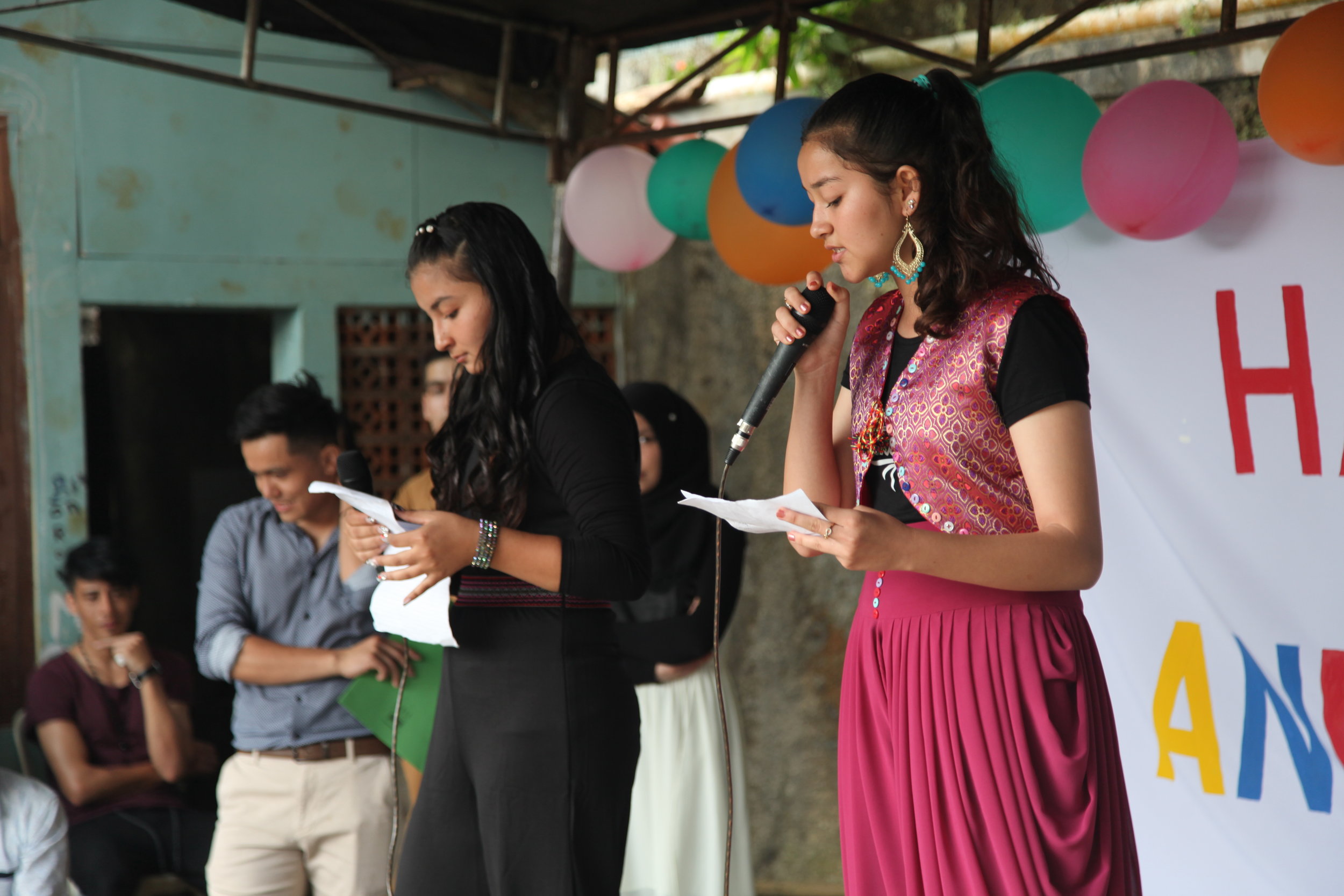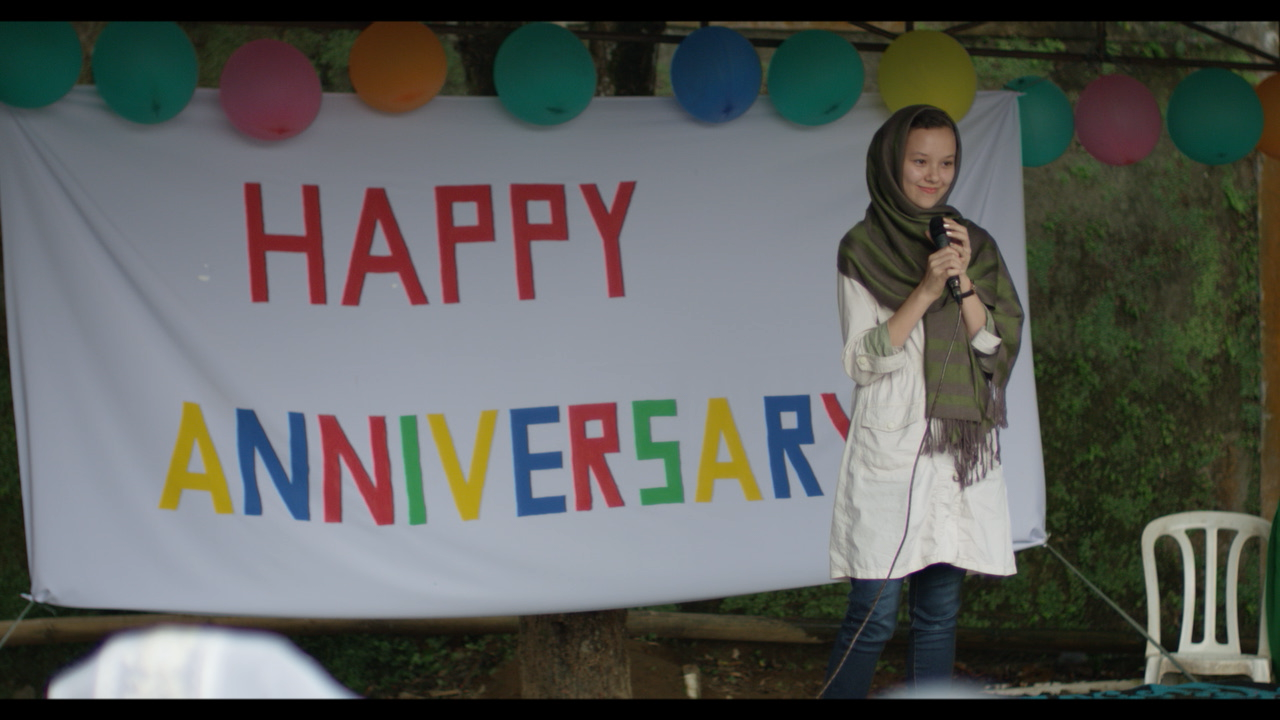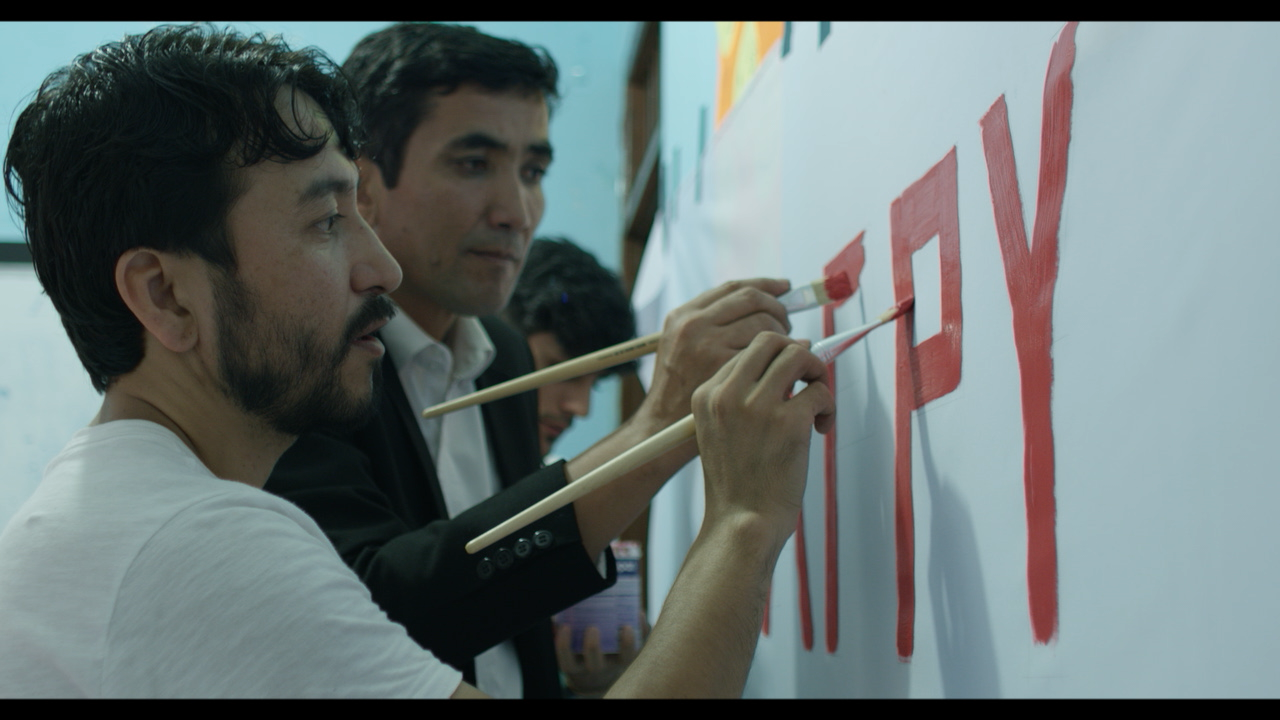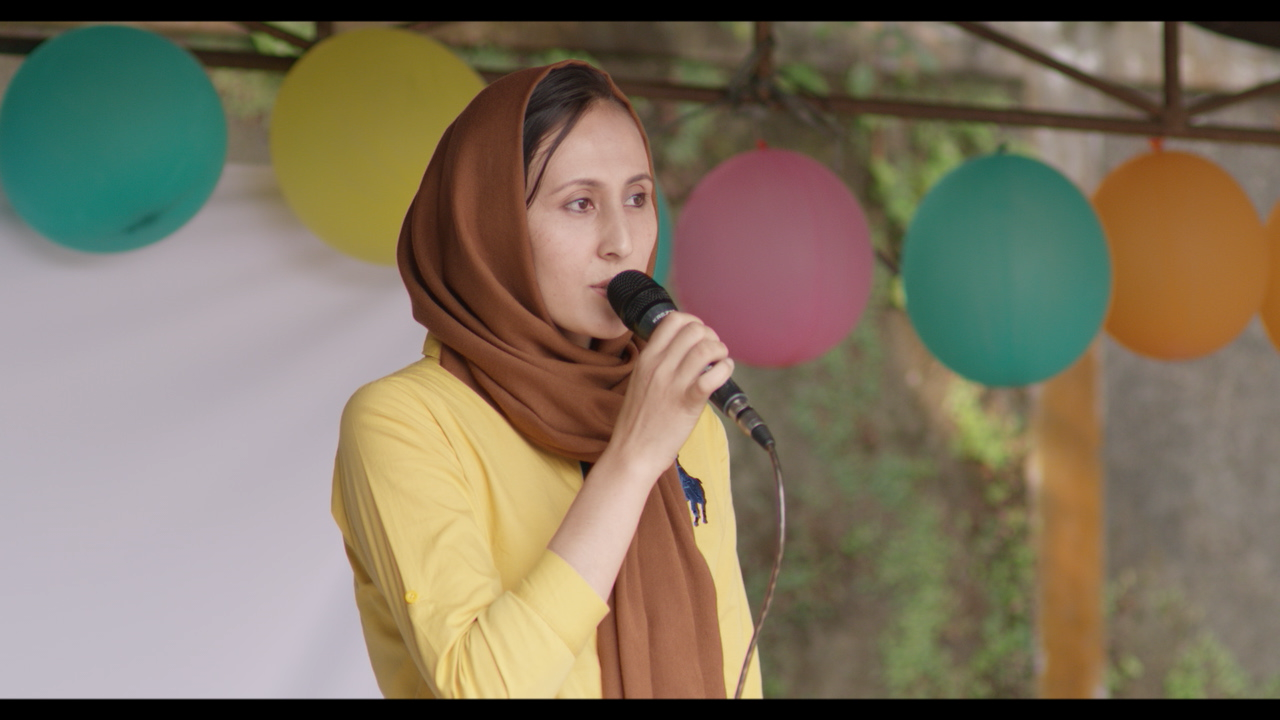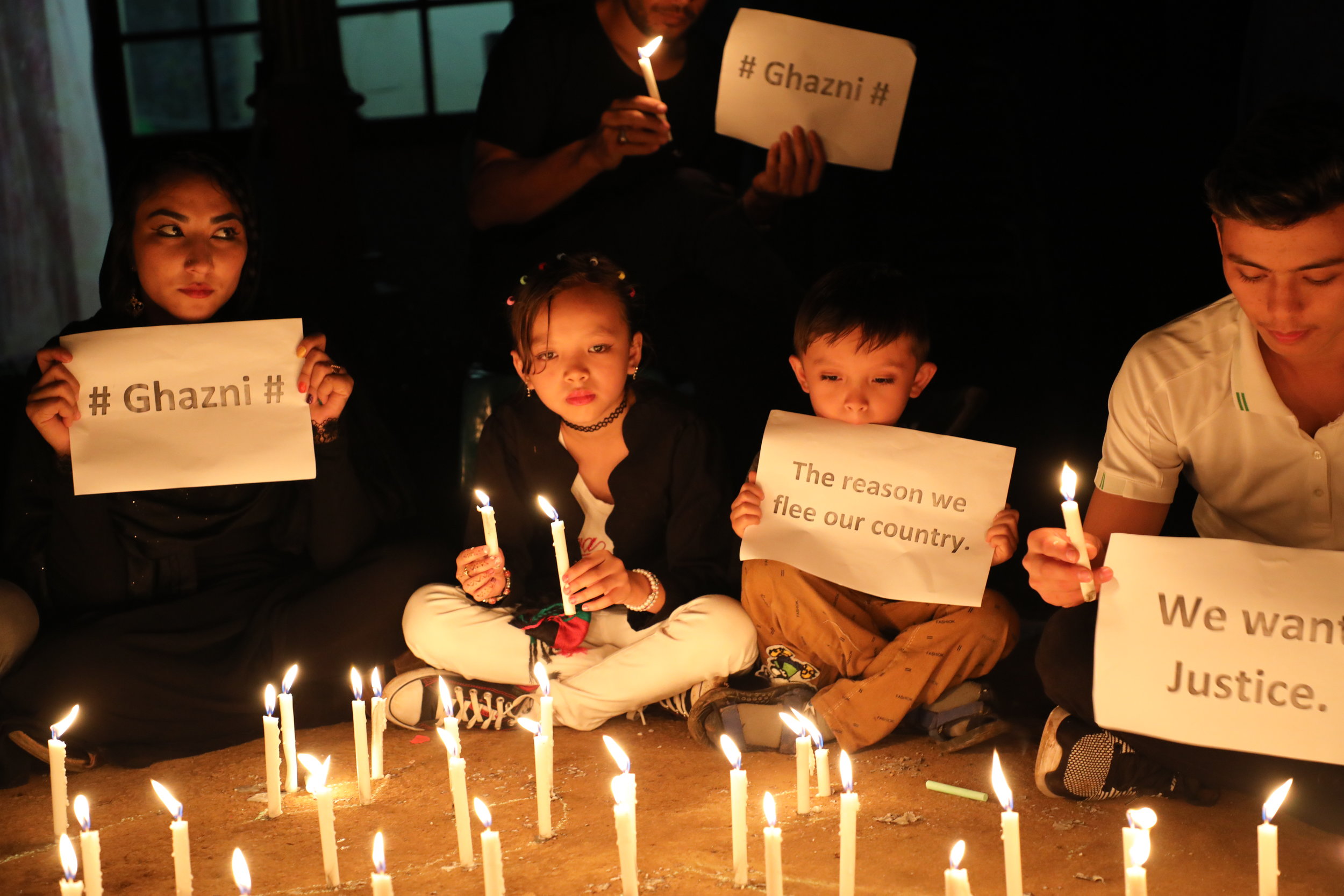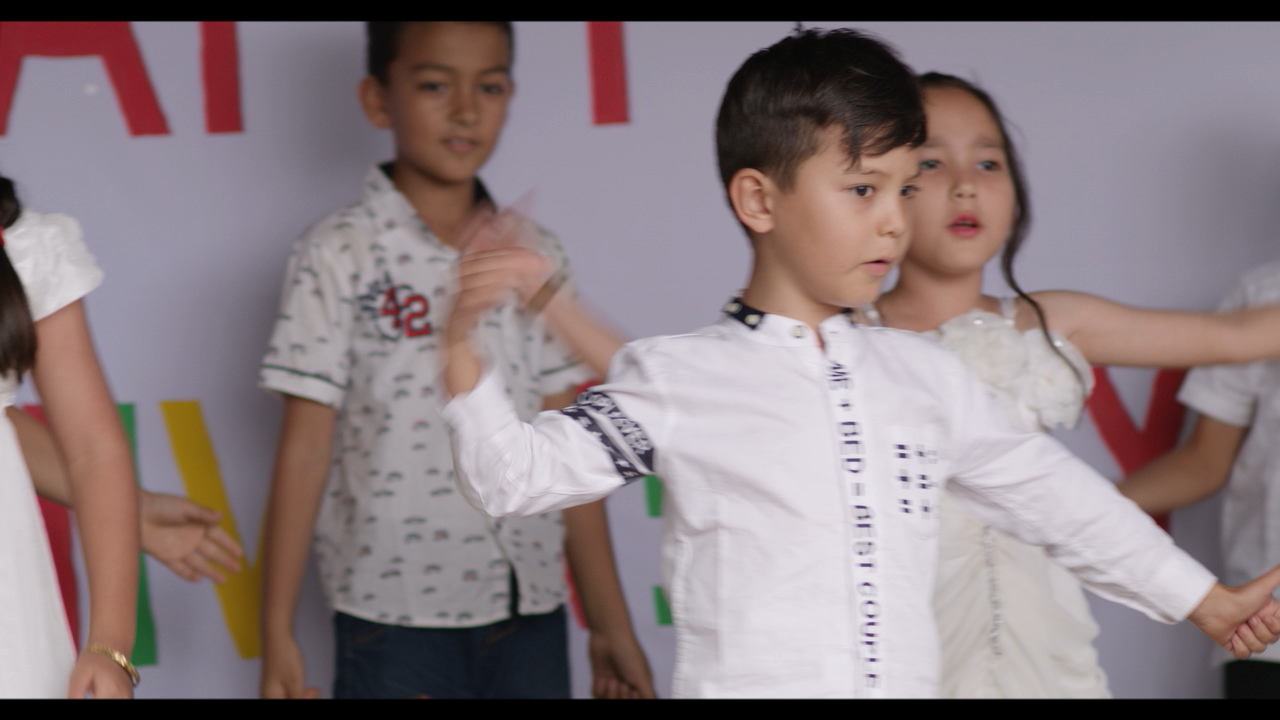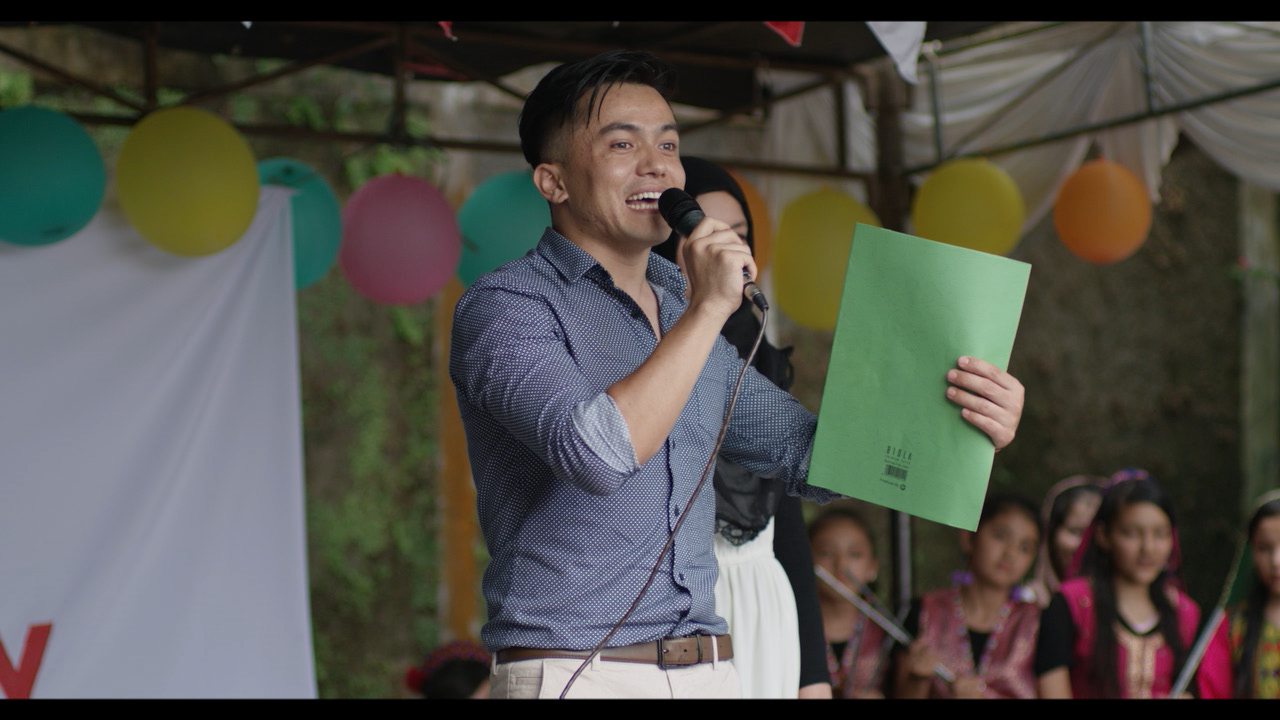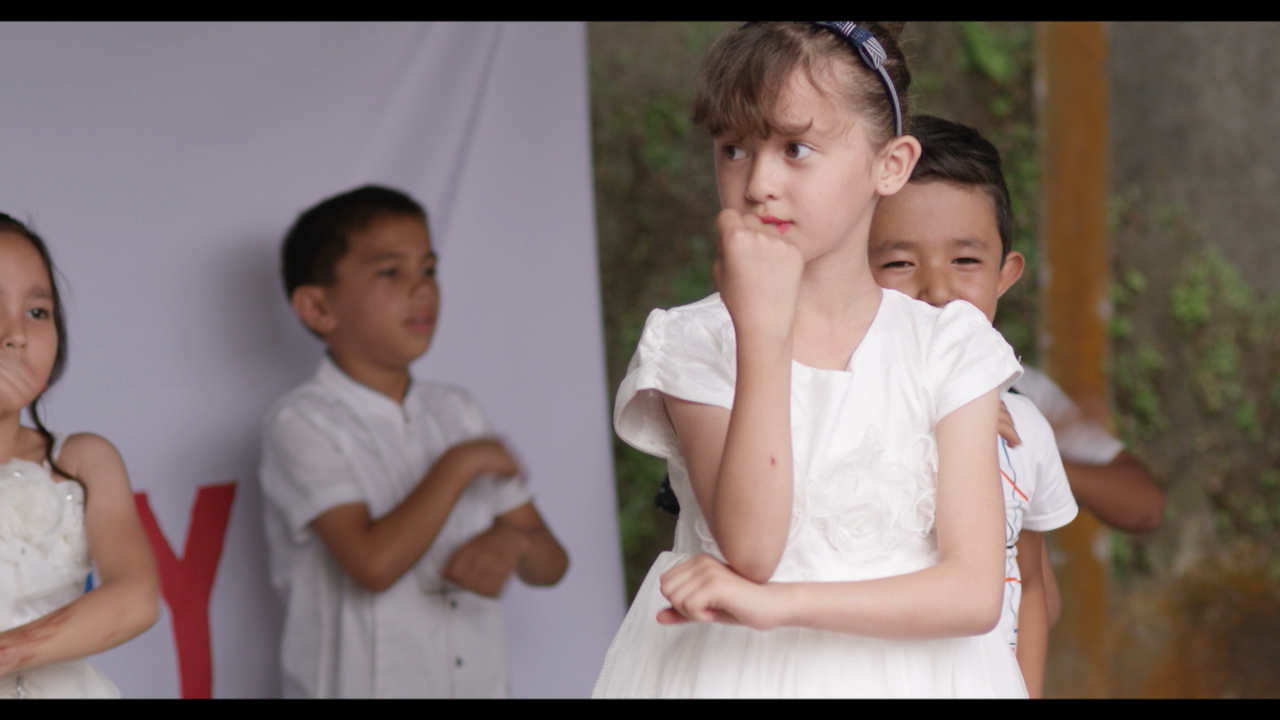So it’s on. Another election ‘coming soon’ to Australia, and once again refugees are on the front pages. In the last week, nearly every Australian TV, radio and television network has visited Indonesia looking for a story. To their surprise, they found something that didn’t fit their pre-conceived narrative. Instead of depressed and isolated refugees, they found a strong, connected and educated community. Instead of refugees pooling at the borders, they found a community determined to wait for an official chance to resettle. To get to this point it took five years of hard work by the refugee community in Indonesia, but when I read the media’s stories, it was my turn to be surprised. In an effort to find something, anything, that suited their Australian-centric narrative, the Australian media had looked straight past the many remarkable and unprecedented refugee-led initiatives in Indonesia.
In 2013, when Australia reinstated its offshore detention policy, around 15,000 refugees were stuck in Indonesia. I was living in Jakarta and decided to find out more. I wanted to know who they were, where they came from, and what they were going to do now? What I found was desperate people. With no way forward or back, their mental, financial and social stress was acute. They were isolated and didn't even know each other. One refugee would not look at another when they crossed the street and smugglers had spread many rumours and untruths. The refugees thought that Indonesians carried knives under their clothes and would slit their throats at night.
It was a dark time, but when a small group of refugees started a learning centre, it represented a glimmer of hope and they flocked to the school. That school is called the Cisarua Refugee Learning Centre (CRLC) and it has inspired a refugee-led education revolution in Indonesia. CRLC has 20 volunteer refugee teachers and nearly 300 students. The older women and men, many illiterate even in their own language, come in the afternoon to learn English. The school provides much more than education. It is the space around which a community has formed. For children whose parents lost their childhoods to war, it is a safe place for them to enjoy their own childhoods. For parents, it represents everything they hoped for their children when they left their home countries. For the teachers, it a place to contribute, away from the nightmares and worries that they carry inside them. It has also become a space for the refugees to educate and connect with Australians. There are over 100 visitors to the Centre every year. Some stay for months and the CRLC community has built thousands of friendships around the world.
Other refugees heard about CRLC and started their own schools. There are now over 10 refugee-led schools and around 1,500 refugees receiving education in Indonesia. Other initiatives include: karate classes, handicrafts groups, scrabble and chess competitions, football tournaments and more. If the United Nations High Commissioner for Refugees (UNHCR) wants to share information with refugees, then the schools provide a space for them. The managers of the various schools get together each month to discuss issues. Over five years this has created a strong community, which our media looked straight past when they visited Indonesia.
The difficulties still remain. There is no possibility for resettlement in Indonesia, creating the constant mental pressure of never knowing if, or when, you will be resettled. They cannot work in Indonesia and their financial situation is dire. They survive with support from family and friends overseas. In the past five years the Australian Government has reduced the number of refugees it takes from Indonesia from 900 to under 50. In a particularly nasty twist, the UNHCR has been told that any refugee whose family arrived in Australia by boat, will never be resettled in Australia. The UNHCR recently visited the CRLC to tell the community that they should expect to be stuck for up to 25 years.
The Australian media has already moved on. Dodgy government contracts in Papua New Guinea are the story this week. The refugee community in Indonesia has helped us to remove a stain from our history and we owe them a debt of gratitude for making this a ‘non-story’. It won’t take much to thank them, we just need to accompanying them, be their friend and let them know that they are not forgotten. One day, Australia might introduce a refugee sponsorship policy, like Canada, and we can invite them in that way. Perhaps the Government will decide to increase resettlement spaces from Indonesia again. In the meantime, they are in the middle of a very long journey and there is plenty we can do.
Jolyon Hoff is the director of feature documentary The Staging Post. It follows the story of a small group of refugees who started a school and inspired a refugee-led education revolution in Indonesia. He is also the Project Director at Cisarua Learning, an Australian charity which supports refugee initiatives in Indonesia.
0 Likes

